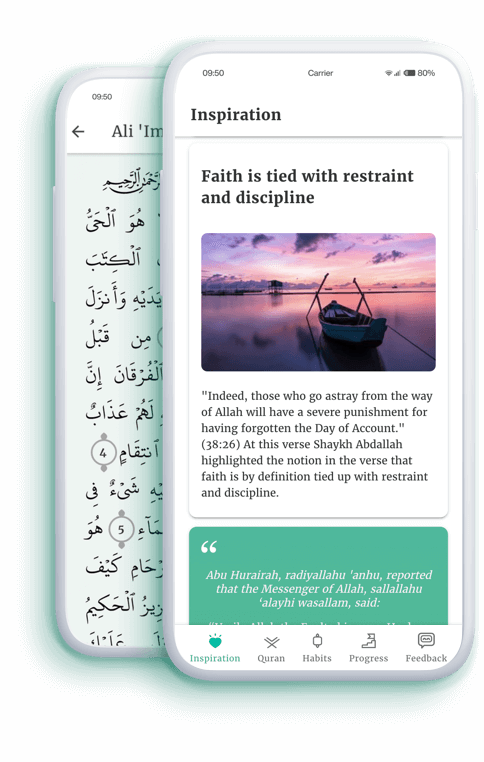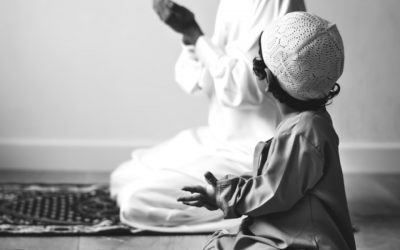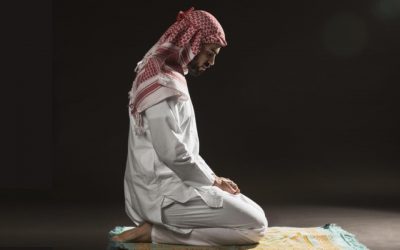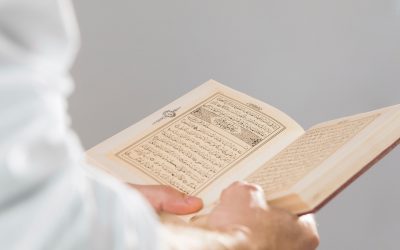Daily Quranic Inspiration
Ramadan Day 15 – Success vs failure – Accountability
What have I done well this Ramadan?
What must be improved?
What should I have avoided?
Ramadan Day 14 – Is it your 5th, 10th, or 20th Ramadan?
How many Ramadan’s have you lived to witness so far? If, till this day, you cannot understand what is being recited during the night prayer, ask yourself a second question:
“How many more Ramadan’s am I going to allow to pass without changing this?”
Ramadan Day 13 – The home of so many problems
Luqman Al-Hakeem said to his son,
يا بني إذا امتلأت المعدة نامت الفكرة وخرست الحكمة وقعدت الأعضاء عن العبادة
“O my son, when one’s belly is full, his thoughts are put to sleep, his wisdom is silenced and his drive to worship Allah is paralyzed.”
Ramadan Day 12 – The negative effects of haraam earnings
With such casualties associated with prohibited wealth, what good is there left in the life of a person who earns it?
With the courage of a believer, walk away from such sources at once, or minimally, create an exit plan as a matter of urgency.
Ramadan Day 11 – Charity repels calamities, eases pains, diverts misery
Charity repels calamities, eases pains, diverts misery, and yields an inner sense of expanse that cannot be quantified. Are you challenged in your health in any way? Set aside a sum of money for a charitable cause with this intention in mind, and what better month to start training for life-long charity than Ramadan?
Ramadan Day 10 – Being a good example for those who are watching
What you and I may have assumed went unnoticed was, not only registered by your children, but may have become engraved on their souls forever. It’s not just your words that nurture, but to a far greater extend, your actions.
Ramadan Day 9 – True taqwa is deep within the heart
“It was not abundance of prayer or fasting which raised Abū Bakr beyond all others, but it was because of something which had settled within his heart.”
This is what raised him to the number one position. It was something inside.
After all, Taqwa resides there, Taqwa was Abu Bakr’s hallmark, and Taqwa is the purpose of your fast.
Ramadan Day 8 – Your project for the next life
Don’t allow death to meet you without a clearly identifiable strategy for your Hereafter.
Start planning from your very next Du’aa.
Ramadan Day 7 – Barriers to the sweetness of worship
The same way that an ill body may struggle to enjoy the goodness of food, a heart ill with sins will cause a struggle to enjoy the sweetness of worship.
Ramadan Day 6 – Dua, the essence of worship
“Call upon Allah whilst you are certain of the response” (Prophet Mohammad PBUH) and realise that “I (Allah) will be to my servant just as he expects of Me.”
Ramadan Day 5 – Reserving a special place in Jannah
Ramadan is temporary training. ‘Eid onwards is the real test. Start planning for tomorrow from today.
Is there proof of the oneness of Allah?
The entire universe, in the way it is created and the way it is controlled, bears witness to the oneness of Allaah:
“Surely, His is the creation and commandment. Blessed is Allaah, the Lord of the ‘Aalameen (mankind, jinn and all that exists)!
[al-A’raaf 7:54 – interpretation of the meaning]
Is it is essential that one pray qiyaam on every night of the month?
Question I have a question about Ramadan. The hadith says “Whoever prays qiyaam [night prayers] in Ramadan out of faith and in the hope of...
Ramadan Day 4 – Tawbah
“Allah loves those who keep turning to Him in repentance.”
(Al-Qur’an, 2:222)
“Yes!” you said, “That’s me, and I can do this!”
Ruling on one who breaks the fast in Ramadan with no excuse
Fasting Ramadan is one of the pillars of Islam, and it is not permissible for an adult Muslim of sound mind who is accountable to break the fast in Ramadan except with an excuse, such as travelling, sickness and the like. Whoever breaks the fast – even for one day – with no excuse has committed a major sin and has exposed himself to the wrath and punishment of Allah. He must repent sincerely and make up the days that he did not fast, according to the majority of scholars; some of them narrated that there was consensus on this point.
Suggested program for the Muslim during Ramadaan
Question Firstly, let me congratulate you on the beginning of the blessed month of Ramadaan; I hope that Allaah will accept fasting and prayers...
Zakaah on wealth earned during the year
In order for zakaah to be due on money, two conditions must be met:
1 – That it reaches the nisaab (minimum threshold)
2 – That one year has passed since it reaches the nisaab.
If the money is less than the nisaab, then no zakaah is due on it.
Questions about zakat al-fitr
First of all it should be understood that there is a difference between zakat al-fitr which is given at the end of Ramadan, and zakaah on one’s wealth. Zakat al-fitr is obligatory for every Muslim, to be paid on his own behalf and on behalf of those on whose maintenance he is obliged to spend, if he has wealth surplus to his and his dependents’ needs for the day and night of Eid: one saa‘.
What are the procedures for praying Taraweeh at home?
The scholars of the Standing Committee said: Taraweeh prayer is eleven or thirteen rak‘ahs, saying the tasleem after each two rak‘ahs, and praying Witr at the end (with one rak‘ah) is referable, following the example of the Prophet (blessings and peace of Allah be upon him). But if anyone prays with twenty or more rak‘ahs, there is nothing wrong with that, because the Prophet (blessings and peace of Allah be upon him) said: “The night prayers are two (rak‘ahs) by two, then if one of you fears that dawn is about to break, he should pray one rak‘ah, so as to make what he has prayed odd-numbered.” Agreed upon. So he (blessings and peace of Allah be upon him) did not specify a particular number of rak‘ahs.
What is the ruling on reading from the Mushaf in Taraweeh prayer?
Praise be to Allaah. There is nothing wrong with reading from the Mus’haf in Taraweeh prayer. ‘Aa’ishah (may Allaah be pleased with her) had a slave who used to lead her in prayer in Ramadaan, reading from the Mushaf. Narrated by al-Bukhaari in a mu’allaq report (1/245).
Subscribe for Email Updates
Add your email to receive daily Quranic inspiration in your mailbox. All content from the Quran Journey app.





















